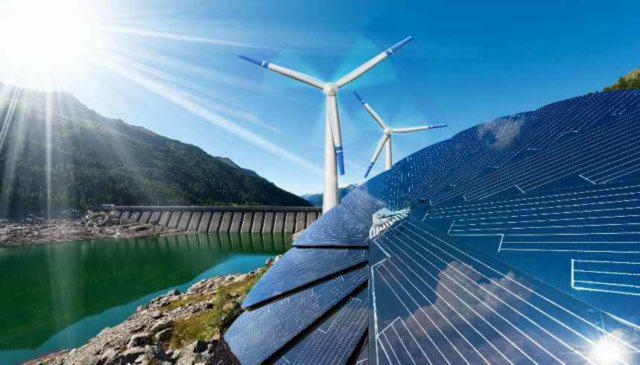The newly formed partnership between the EnerGeo Alliance and African Energy Week (AEW) 2024 underscores the growing recognition of natural gas as a pivotal component of Africa’s energy transition.
While the continent boasts immense renewable energy potential, the reality is that natural gas can play a crucial role in bridging the energy gap and powering economic growth.
However, this must be achieved without compromising environmental sustainability.
Natural gas offers a cleaner-burning alternative to coal and heavy fuel oil, reducing greenhouse gas emissions and improving air quality.
Its potential to generate electricity, fuel industries, and support cooking and heating needs is undeniable.
Moreover, natural gas revenues can drive investments in education, healthcare, and infrastructure development.
Yet, the transition from high-carbon fuels to cleaner energy sources is complex and requires careful planning.
The environmental implications of natural gas exploration and production cannot be ignored. Methane leaks, water pollution, and habitat destruction pose significant risks.
To mitigate these impacts, robust environmental impact assessments, advanced technologies, and stringent regulations are essential.
For instance, adopting carbon capture and storage (CCS) can significantly reduce greenhouse gas emissions, while leak detection and repair (LDAR) programs can minimize methane leakage.
Engaging with local communities is paramount for successful and sustainable natural gas projects.
HAVE YOU READ?



